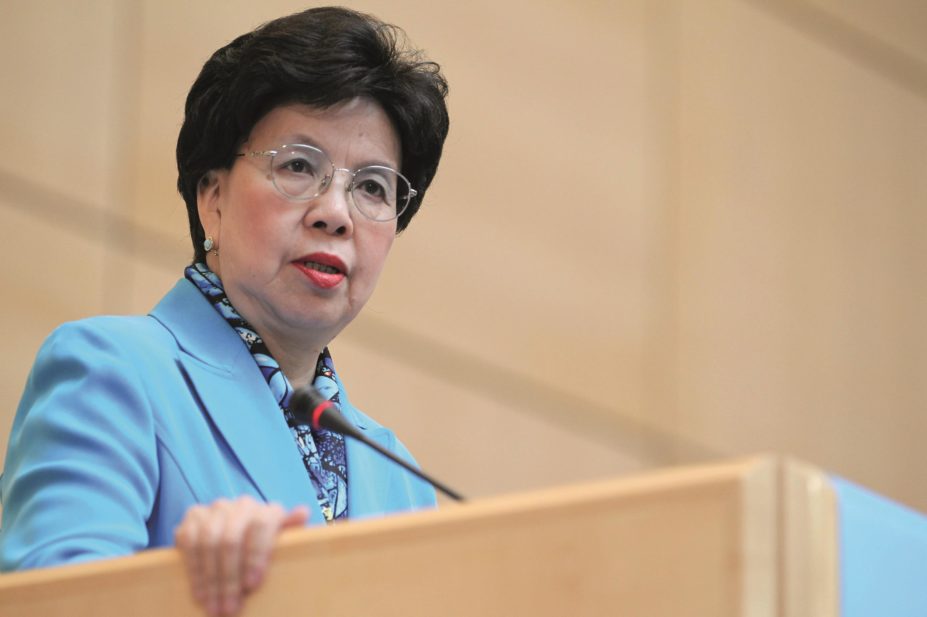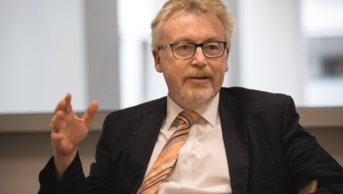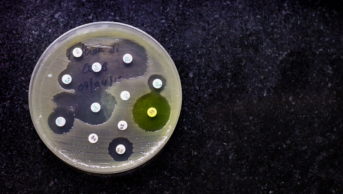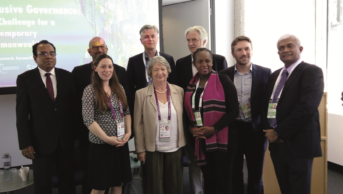
Over the past 15 years, pharmaceutical innovation, coupled with lower prices and improved access to essential medicines, has driven improvements in global health outcomes, says a World Health Organization (WHO) report. These drivers are expected to play a vital role in helping the world achieve ambitious outcomes under the United Nations’ Sustainable Development Goals by 2030.
The agency’s ‘Health in 2015: from MDGs to SDGs’ concludes that enhanced accessibility of vaccines, diagnostics and treatments has resulted from global initiatives such as the establishment of GAVI, the Global Fund and partnerships and initiatives to fight HIV, tuberculosis (TB) and malaria.
Ties Boerma, WHO director for information, evidence and research, and lead author of the report, told reporters at a news conference in Geneva on 8 December 2015 there had been “unprecedented progress” in global health in the past 15 years, and that the HIV, TB and malaria epidemics had been “turned around”.
But Margaret Chan, WHO director-general, cautions in a preface to the report: “A great deal has been achieved since 2000. However, progress can easily be reversed if we do not maintain our commitment to making the world a better place for all, leaving no one behind.”
Boerma said that civil society groups had succeeded in pushing for price decreases for antiretrovial (ARVs) drugs, with a 100-fold drop in prices of ARVs being seen over the past decade.
The rise of the global market in generic drugs has also contributed to the fall in prices and increased access for essential drugs, says the WHO. Survey data from 26 low-income and lower-middle-income countries revealed that generic medicines were available in 58% and 67% of public and private sector facilities.
Looking ahead, the WHO says the complexity of new medicines and the globalisation of the production and distribution of medical products “pose increasing challenges to regulatory systems”.


